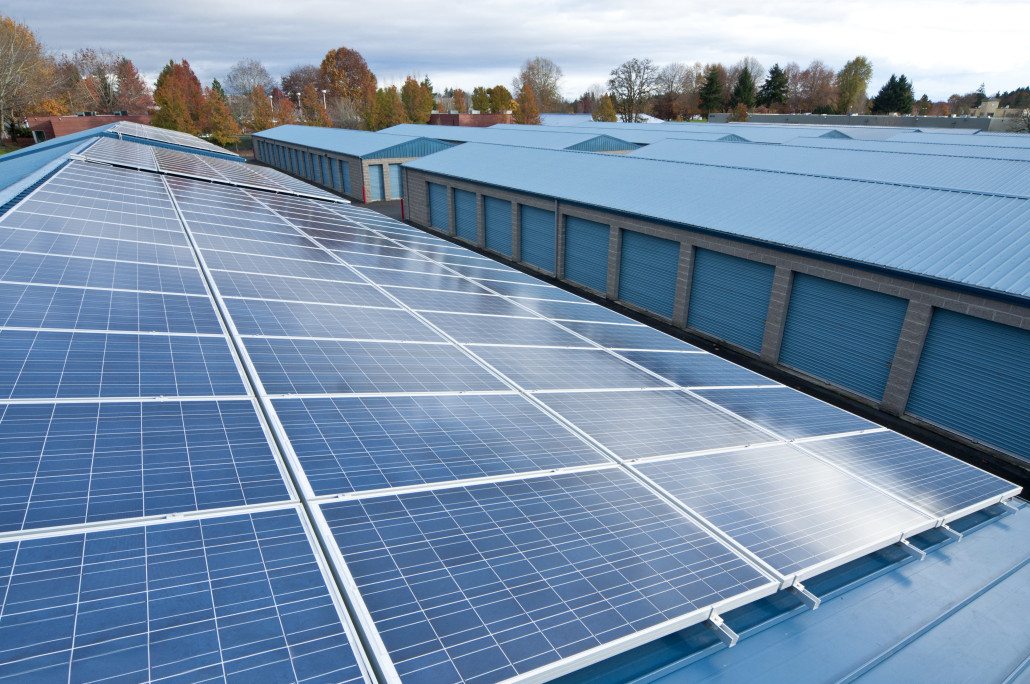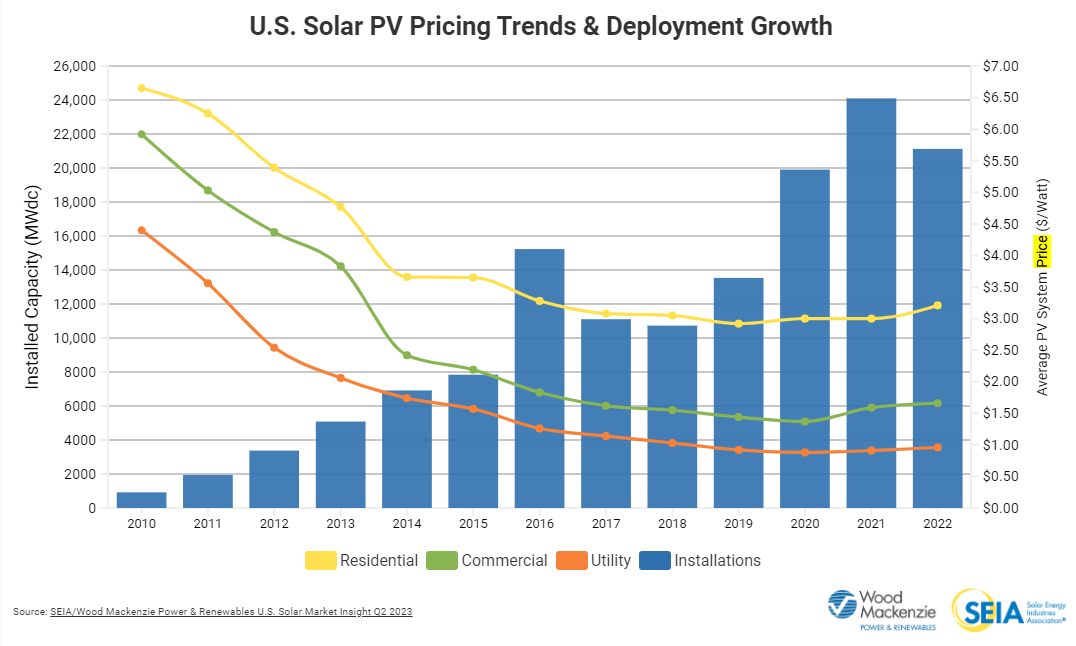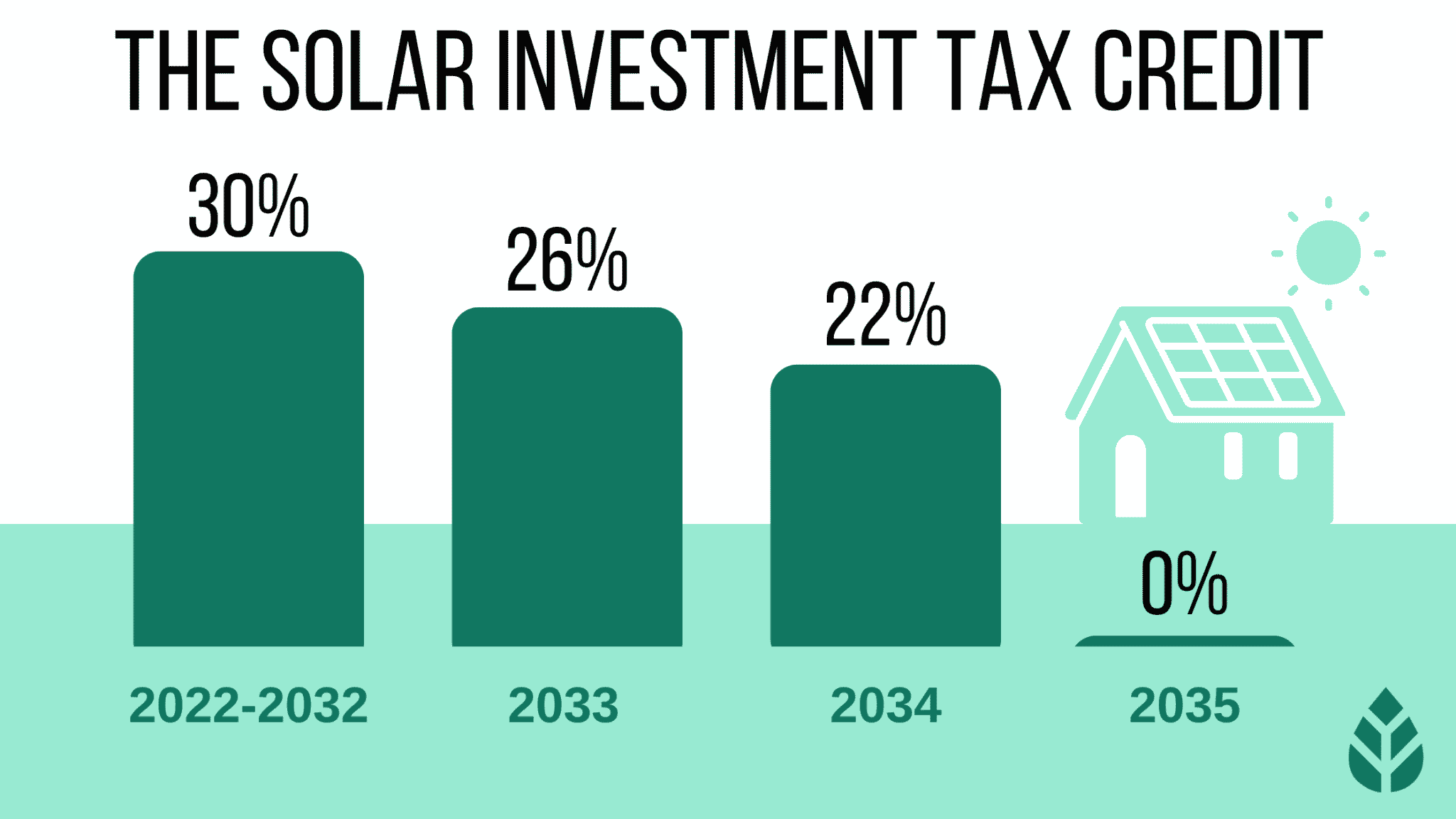As a business owner, the cost of electricity likely ranks among your top overhead expenses. Dependency on the commercial power grid not only subjects your business to unpredictable rate fluctuations but also adds uncertainty to your cash flow management. Perhaps it’s time to alleviate that burden and explore the myriad ways your business can flourish through solar panel installation.
Solar panels have swiftly transitioned into mainstream alternative energy sources across America. While you might have heard of Fortune 500 companies such as Walmart and Intel adopting solar energy, it’s worth noting that these benefits extend to businesses of all sizes, including small and medium-sized enterprises.
You might be wondering, “How can my business benefit from commercial solar panels?” or “Is the investment in solar panels worthwhile?” These questions are common, but the advantages for businesses leveraging solar energy are compelling.
Why Your Business Should Embrace Solar Power
There exist several advantages to installing solar panels for business purposes. Apart from harnessing a renewable energy source like the sun, businesses stand to gain remarkable financial returns over a relatively short duration. Additionally, businesses can tap into solar panels for tax credits, adding a layer of financial benefit to the overall investment.
In recent years, the solar power industry has matured significantly. What was once deemed an expensive alternative has now become an affordable and reliable energy option. Businesses are witnessing tangible financial benefits through substantial reductions in their energy costs after switching to solar power.
According to EnergySage, the average monthly power bills for commercial business owners stood at $1,950 before embracing solar energy. However, post-solar energy conversion, these costs plummeted to around $500—a remarkable 75% reduction, signaling a compelling reason for businesses to consider installing solar panels.
The Growth and Future of Solar Power in Business
Businesses transitioning to solar energy signify a broader trend in the solar power sector. Reports from the Solar Energy Industries Association highlight substantial growth in solar infrastructure installations by American businesses. The remarkable leap from 7.5 gigawatts in 2015 to 14.5 gigawatts in 2017 underscores the burgeoning interest and adoption of solar energy by businesses.
Despite this substantial growth, solar power currently accounts for only 1% of total electrical production in the United States. However, projections by the National Renewable Energy Laboratory paint a promising picture, forecasting that eventually, 40% of American electricity will be derived from solar panels. This trajectory emphasizes a bright future for businesses embracing solar panel installation.
Benefits of Solar Energy for Businesses

Benefits of Solar for Businesses
Adopting solar power for your business warrants thoughtful consideration and assessment of its long-term benefits. Similar to any business investment, evaluating the pros and cons is essential. Solar energy is a long-term investment with gradual returns, and the decision to adopt it is shaped by the numerous benefits it offers businesses:
1. Cuts Overhead Costs
Managing business overhead costs is a priority for every business owner. Solar panels offer a significant reduction in electric energy expenses, contributing to substantial savings on overheads.
2. Longevity and Sustainability
Solar energy presents a sustainable and reliable energy source, ensuring future energy security while avoiding the volatility of traditional power sources.
3. Energy Independence
Transitioning to solar power grants businesses independence from commercial energy supply sources, offering a dependable power supply even during grid outages.
4. Solar Tax Benefits
Businesses embracing solar energy can benefit from various tax incentives and financial assistance programs offered by local, state, and federal governments, including the Federal Investment Tax Credit (ITC), accelerated depreciation, and Solar Renewable Energy Credits (SRECs).
5. Investment With Continuous Financial and Environmental Returns
Investing in solar panels is a strategic decision that continues to yield financial returns, often paying for itself within a few years while contributing to environmental sustainability efforts.
Cutting Overhead Costs With Solar Panels

Costs of Solar Panels
Efficiently managing business overheads involves curtailing expenses across various operational facets, including utilities. Solar power significantly reduces electrical overheads, offering immediate and consistent savings post-conversion.
A move to solar energy not only slashes overheads by an average of 75% but also grants businesses financial stability. Businesses leveraging solar power gain reassurance against billing spikes, inflation, and escalating electrical costs, ensuring a predictable and controlled expense structure.
Furthermore, solar power installations empower businesses with pricing consistency, granting them control over their energy expenses and shielding them from fluctuating rates inherent in commercial power grids.
Longevity and Sustainability of Solar Energy
Commercial electrical power, as a commodity, is subject to market forces, making future costs uncertain. The shift away from fossil fuels in the foreseeable future, accompanied by increased regulations and costs associated with conventional power generation, emphasizes the enduring viability of solar energy.
Solar power offers businesses an investment in a stable and predictable future energy supply. By embracing solar energy, businesses hedge against potential cost fluctuations in the electrical market, ensuring sustainable and low-cost power generation.
Energy Independence
Independence from commercial energy sources is a pivotal advantage of adopting solar power. Businesses investing in self-contained solar systems can significantly reduce or eliminate their reliance on local power companies. This not only leads to substantial cost savings but also assures a consistent and reliable electricity supply, irrespective of disruptions in the commercial grid.
Solar panel systems, when designed and installed effectively, offer unparalleled reliability. They operate without any moving parts, utilizing photovoltaic processes to convert sunlight into live alternating current electricity, ensuring a consistent and autonomous power supply.
Furthermore, solar energy systems can incorporate battery storage, providing businesses with reliable backup power, especially during nighttime or periods of limited sunlight.
Solar Tax Benefits

Solar Tax Benefits
Embracing solar energy grants businesses access to numerous tax incentives and financial aid programs supported by local, state, and federal governments. These incentives include:
- Federal Investment Tax Credit (ITC): Providing a 26% rebate on the total cost of solar power systems, the ITC offers substantial financial relief. Although the program’s benefit decreases over time—reducing to 22% in 2023 and 10% thereafter—it remains a valuable incentive for businesses investing in solar energy.
- Accelerated Depreciation: Through the Modified Accelerated Cost-Recovery System (MACRS), businesses can accelerate depreciation on solar equipment, allowing for the write-off of the entire solar panel system’s cost in the first year.
- Solar Renewable Energy Credits (SRECs): SRECs enable businesses to recover installation costs by utilizing their system’s energy production, compelling electric companies to acknowledge and honor each SREC produced.
These tax incentives are not contingent on specific system types or sizes but are guaranteed incentives aimed at encouraging solar energy adoption across various business scales.
Investment With Continuous Financial and Environmental Returns
While the initial cost of solar panel installation might appear high, it stands as an investment offering continual benefits. Depending on system size, the installation cost often pays for itself within a few years, leading to reduced or zero electric bills. Businesses recognize that solar energy is a strategic decision ensuring consistent financial returns over the years. Additionally, it serves as an attractive feature for environmentally conscious customers, contributing to sustainability efforts.
In conclusion, transitioning to solar power presents a multitude of benefits for businesses, transcending immediate cost savings to offering long-term financial stability, energy independence, and environmental contributions. The advantages—ranging from reduced overhead costs and sustainability to tax incentives and continuous financial returns—underscore the transformative impact solar panel installation can have on businesses of all sizes.
As businesses deliberate on the adoption of solar energy, the strategic and far-reaching advantages offer compelling reasons to make this transition. By leveraging solar power, businesses not only bolster their financial health but also contribute to a sustainable future—an investment that yields consistent returns for both the business and the environment.
Want to find out more? Get in touch with one of our solar experts. We would love to be able to help!